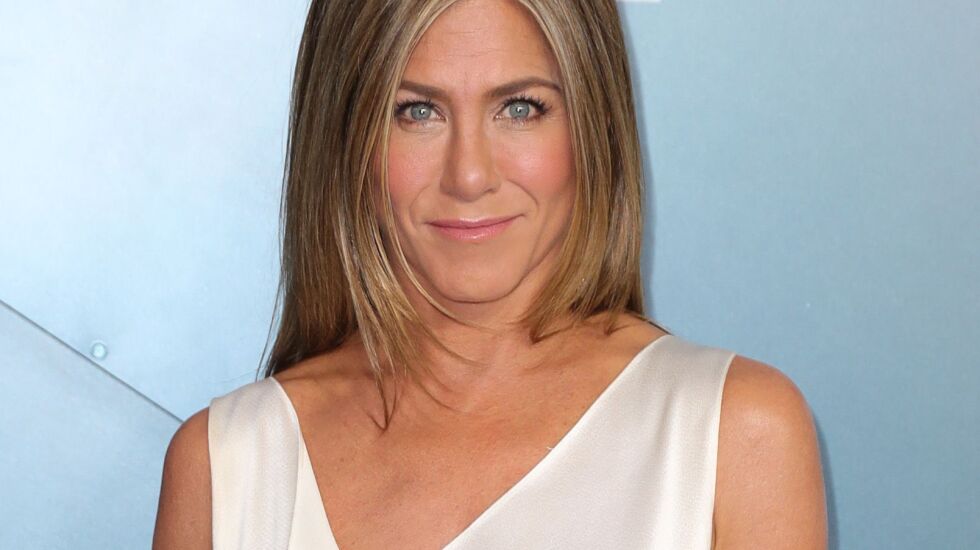
Jennifer Aniston is opening up about a “challenging” time in her past when she was trying to have children.
In an interview with Allure for its December cover, published Wednesday, the “Friends” alum revealed she pursued in vitro fertilization and other strategies to try to get pregnant several years ago — all while weathering speculation and tabloid gossip about baby bumps and possible motherhood.
“It was a challenging road for me, the baby-making road,” Aniston told the magazine, adding that “nobody” knows about her journey.
“It was really hard. I was going through IVF, drinking Chinese teas, you name it. I was throwing everything at it. I would’ve given anything if someone had said to me [earlier], ‘Freeze your eggs. Do yourself a favor.’ You just don’t think it. So here I am today. The ship has sailed.”
Aniston, 53, said she has “zero regrets” now.
“I actually feel a little relief now because there is no more, ‘Can I? Maybe. Maybe. Maybe.’ I don’t have to think about that anymore.”
The “Morning Show” star was married to Brad Pitt from 2000 to 2005 and Justin Theroux from 2015 to 2017. She’s single now and doesn’t have “any interest” in getting married again, she told Allure.
“I’d love a relationship. Who knows?” she said. “There are moments I want to just crawl up in a ball and say, ‘I need support.’ It would be wonderful to come home and fall into somebody’s arms and say, ‘That was a tough day.’”
“I would’ve been stuck being this person that was so fearful, so nervous, so unsure of who they were … And now, I don’t (expletive) care.”
She added: “I’ve spent so many years protecting my story about IVF. I’m so protective of these parts because I feel like there’s so little that I get to keep to myself. The (world) creates narratives that aren’t true, so I might as well tell the truth. I feel like I’m coming out of hibernation. I don’t have anything to hide.”
IVF is a medical process in which eggs are fertilized by sperm in a lab and are transferred to a uterus. It is an option for people struggling with infertility, a common condition. In the U.S. among heterosexual women 15 to 49 years old with no prior births, about 1 in 5 are unable to get pregnant after one year of trying, the Centers for Disease Control and Prevention reports. About 1 in 4 women in this group have difficulty getting pregnant or carrying a pregnancy to term.
Egg freezing is a method of preserving eggs for later use. Eggs can be harvested from ovaries, frozen and stored. An egg can then be thawed and combined with sperm in a lab for IVF.







